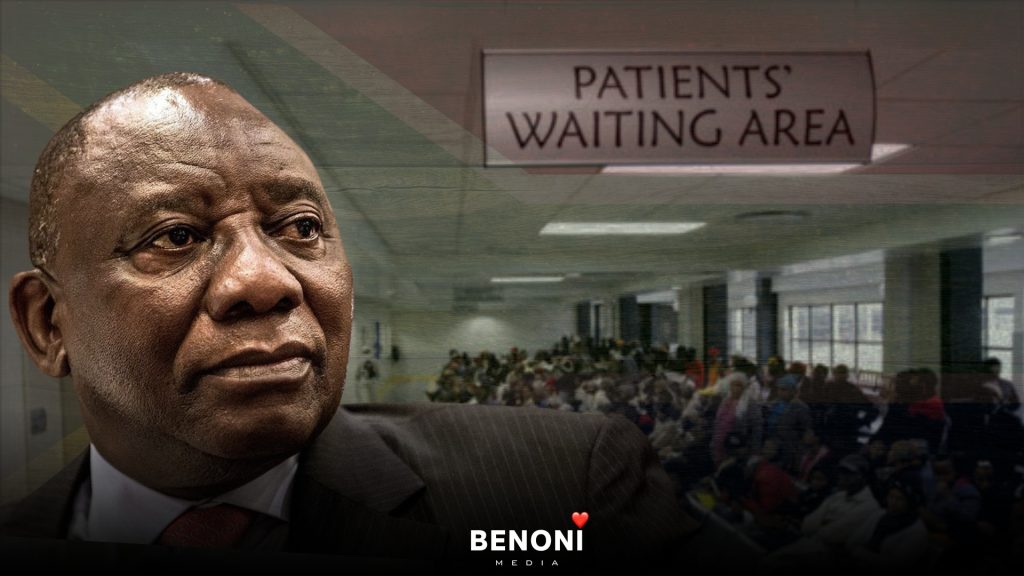The National Health Insurance (NHI) plan has been declared fundamentally flawed and beyond repair by a coalition representing a majority of South Africa’s healthcare professionals, medical workers, and patient advocacy groups.
Despite ongoing discussions within the Government of National Unity (GNU) about potential amendments to improve the system, experts warn that the NHI fails to solve the country’s healthcare issues and may even exacerbate them.
Medical Experts Oppose the NHI
The Universal Healthcare Access Coalition (UHAC), comprising 28 organisations—including the South African Medical Association (SAMA), Progressive Health Forum, and the South African Private Practitioners Forum—has urged the government to abandon the NHI in favour of a more practical and scalable healthcare reform strategy.
In response to President Cyril Ramaphosa’s 2024 call for private-sector-driven solutions, UHAC submitted a comprehensive proposal. However, during his latest State of the Nation Address (SONA), Ramaphosa reaffirmed the government’s commitment to pushing the NHI forward, while the National Health Department dismissed the possibility of legislative amendments.
A Healthcare System in Crisis
UHAC describes South Africa’s healthcare system as deeply fragmented, with an underperforming public sector and an expensive private sector. The public system is plagued by corruption and mismanagement, while long-overdue private sector reforms have stalled indefinitely.
A major point of contention is the future of private medical schemes. Mixed messages from government officials have left the public uncertain about whether these schemes will be allowed to function fully under the NHI. However, UHAC maintains that their mere existence will not resolve the system’s deep-rooted flaws.

Centralisation Without Practical Solutions
Dr. Mvuyisi Mzukwa, chair of SAMA, has criticised the NHI for consolidating control without addressing critical inefficiencies.“The Act in its current form is unworkable. It lacks a clear implementation roadmap and realistic timelines. The concept of a single tax-funded system for universal healthcare is neither feasible nor sustainable under South Africa’s current economic conditions,” Mzukwa said.
UHAC instead advocates for a hybrid funding model that combines contributions from medical schemes with general tax revenue, ensuring a more balanced and financially viable approach to healthcare.
A More Effective Plan for Healthcare Reform
UHAC’s alternative proposal seeks to improve governance in the public sector while promoting efficiency and fairness in private healthcare. Their key recommendations include:
- Independent Oversight Boards – Reducing political interference in healthcare administration to boost accountability, curb corruption, and enhance service quality.
- National Risk Pooling – Combining tax revenue and medical scheme contributions to create a fairer and more sustainable funding model.
- Decentralised Healthcare Purchasing – Shifting decision-making authority to regional levels for more responsive and effective service delivery.
- Publicly Funded Medical Schemes – Introducing affordable alternatives to private healthcare, increasing competition, and improving access.
Support for a Better Healthcare Model
UHAC’s proposal has gained strong backing from healthcare professionals, industry organisations, and patient advocacy groups. The coalition continues to collaborate with business leaders, academic experts, civil society, and government representatives to advocate for a healthcare system that is both effective and financially sustainable.
As the government moves forward with the NHI, the debate remains contentious. Healthcare experts caution that the current plan is not just flawed but could further destabilise South Africa’s already overburdened healthcare sector.








